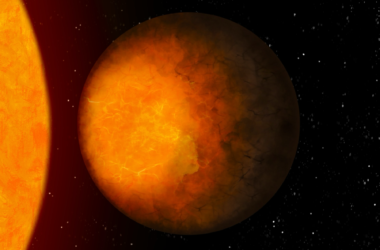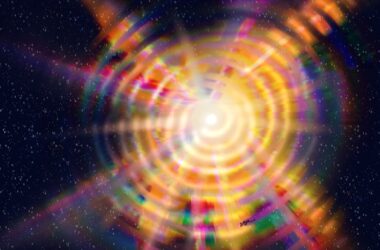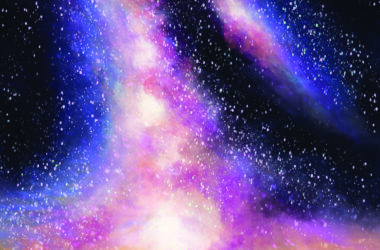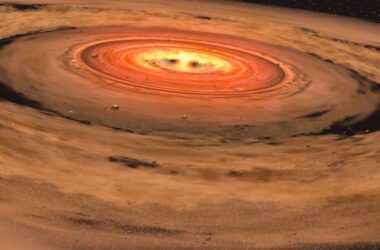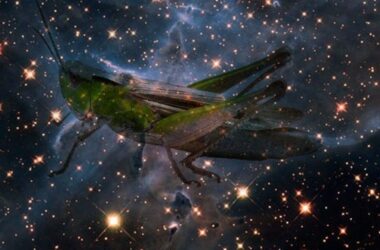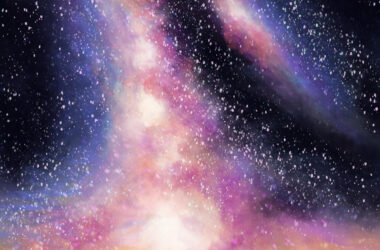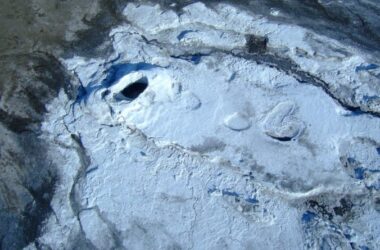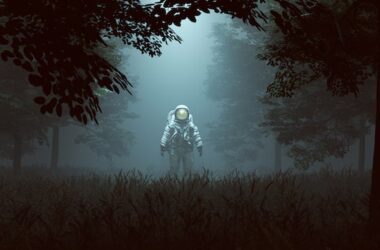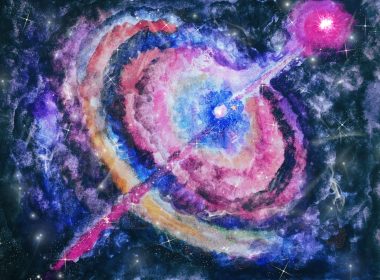One side of these planets sits at temperatures hot enough not only to melt, but to vaporize their solid rocky surface, creating oceans of molten lava and an atmosphere of vaporized rock. On the other side, the cold is unrelenting—temperatures reach well below -200 degrees Celsius, allowing its surface to[Read More…]
Tag: space
Our universe through the James Webb Space Telescope
For some, seeing images of distant galaxies induces feelings of excitement and curiosity. For others, it sparks fear and a sense of insignificance. And who can blame them? It’s easy to feel small when living in a seemingly infinite universe. The James Webb Space Telescope On Feb. 14, at the[Read More…]
The sky’s the limit—or is it?
McGill hosted the eighth Interstellar Symposium from July 10 to 13 and assembled a stellar panel of experts, ranging from National Aeronautics and Space Administration (NASA) engineers to space lawyers, to discuss how to expand civilization into space. The public panel featured: Alan Stern, the engineer in charge of the[Read More…]
McGill exoplanet specialist recognized for outstanding work in astrophysics
Last month, the Astronomical Society of India awarded McGill physics professor Eve Lee the 2022 Vainu Bappu Gold Medal for her work in astrophysics. The award honours young astronomers—typically under 35—for their exceptional achievements and potential. Lee’s work focuses on exoplanets, which are planets that orbit around other stars in[Read More…]
Space Crickets: Creative solutions to deep-space hunger
Landing a human on Mars remains the holy grail of the exciting 21st-century space science arena, with agencies such as the Canadian Space Agency (CSA) and the National Aeronautics and Space Administration (NASA) investigating longer human-piloted space voyages. During the McGill Bicentennial Space Week last May, Julie Payette, former astronaut,[Read More…]
Peering into the universe with gravitational lensing
Radio waves coming from galaxies millions or billions of light-years away—an immense distance compared to only eight light-minutes between the Earth and the Sun—gradually fade as they lose energy. Many become essentially invisible even to today’s powerful telescopes by the time they reach our little, blue planet. So it’s not[Read More…]
The nature of Earth seems as alien as Mars
In 1957, the boundaries between Earth and space were first breached: The USSR launched the satellite Sputnik into space, marking the first contact between humans and our galaxy, setting off the aptly named space race between the Soviet Union and the U.S. Even after icy international relations began to thaw[Read More…]
Increased space missions risk extraterrestrial contamination
The days of the U.S.-Soviet Space Race are over, and the domain of space exploration is expanding daily to include more countries than ever before. With the advent of private companies such as Elon Musk’s SpaceX, which aim to reduce the costs of space transportation, expeditions into our extraterrestrial surroundings[Read More…]
‘Orcs in Space’ is bloody cute
Fantastical bloodthirsty main characters? Check. High-speed space-chases? Check. Modesty? Not quite. Orcs in Space, Justin Roiland’s new graphic novel published by Oni Press, features 100 pages of amusing, carefree adventures in an uncanny outer space backdrop, all illustrated by Montreal-based artist François Vigneault. Slated to be the first volume of[Read More…]
Interstellar travel: Sending tiny spacecrafts to the stars
Exploring what lies in the expanse of our universe has always been a topic of interest for scientists and engineers. This curiosity has shaped the field of space exploration and propelled nations to send astronauts to explore the cosmos. Experiments enacted beyond the confines of our planet have yielded a[Read More…]
